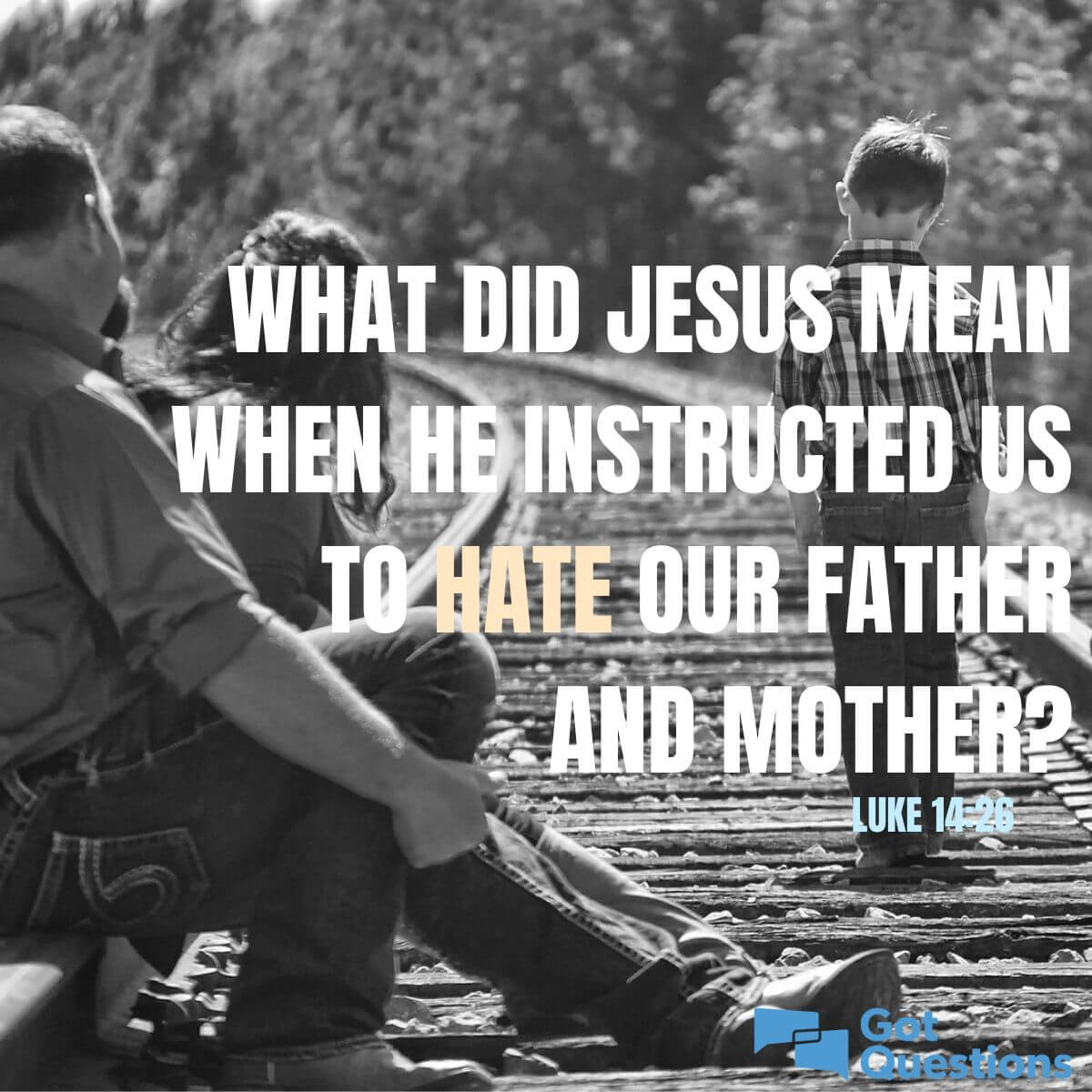BULLDOG
Diamond Member
- Jun 3, 2014
- 94,200
- 30,492
- 2,250
And political outrage over abortions or gay people (presumably for religious reasons) only started a couple of decades ago. There is a lot more to what so called Christianity has recently degraded to than the few things you mentioned earlier.Why shouldn't they be involved in politics? Does the US Constitution take precedence over God's word?
I mean, America's the greatest country in the world, but we've only been around a couple hundred years. Christ has been around for over 2,000 years.



